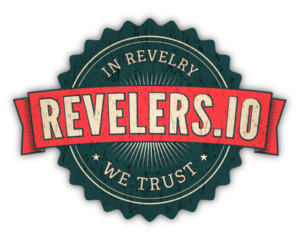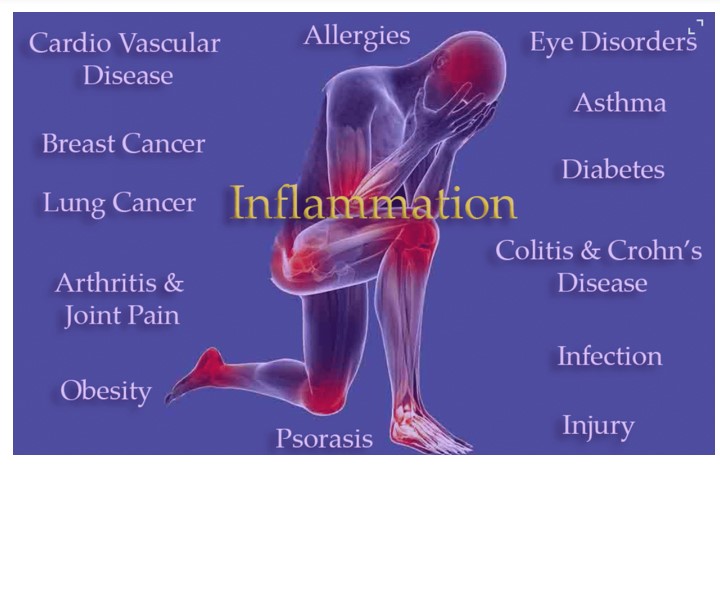What is NAC good for? (and How Much to Take?)
What is NAC good for?
NAC or N-Acetyl-Cysteine is good for the following:
- It helps produce the antioxidant Glutathione in the body, thus helping to prevent cellular damage from free radicals.
- It helps to prevent or reduce kidney and liver damage by detoxifying and removing environmental toxins.
- Helps improve and treat mental conditions by regulating levels of the neurotransmitter glutamate.
- It improves the health of the respiratory system.
- It helps to improve brain health and function such as memory, learning, and behavior.
- It may help improve the fertility rate by improving semen quality in men and pregnancy rate in women.
- Improves immune function.
- Decreases risk of heart disease.
- It improves insulin sensitivity in PCOS patients.
- It helps treat Acetominophen poisoning.
PS, we have been taking NAC ever since Covid broke out. We’d love to take Bucillamine, but the FDA hasn’t approved it yet. Hopefully soon.
Related: Revive Therapeutics Provides Update on Phase 3 Clinical Trial for Bucillamine in COVID-19
How Coronovirus and Inflammation Kills (12 minute mark)
How much NAC to take?
NAC has various uses, so how much NAC to take varies depending on the condition being treated. The typical dosage of NAC is between 600 mg to 1800 mg per day.
- For respiratory disorder: 600 mg/ day
- For fertility: 600 mg/ day
- Skin picking- 1200- 3000 mg/ day
- For PCOS: 1800 mg/ day divided into three dosage
- For COPD: 600 mg three times a day
- For cystic fibrosis: 2400 mg/ day
- For pulmonary fibrosis: 352.4 mg by inhalation
- For myocardial infarction: 15000 mg over 24 hours through IV
- For mental conditions: up to 2000 mg/ day
- For paracetamol poisoning: 200 mg/ kg followed by 100mg/ kg IV
- For cough: 600 mg/ day
However, one should consult a physician before taking NAC, because a higher dosage of NAC can lead to severe adverse reactions.
Applications of N-Acetylcysteine (NAC) – From Addiction to Autism (By Prof Berk)
Does NAC supplement lighten the skin?
NAC supplement does help lighten the skin because the antioxidant glutathione stimulates a lighter version of melanin in the skin, making it appear bleached.
In a study, mild to strong bleaching of skin was observed in 90% of women who were prescribed NAC and hydroquinone for a skin condition known as melasma.
Glutathione, an antioxidant produced by NAC inhibits the enzyme tyrosinase responsible for pigmentation. It helps reduce dark spots and brighten the skin. The antioxidant effect further reduces cell damage leading to wrinkles, inflammation, and pigmentation.
A topical cosmetic preparation containing NAC was patented and marketed as a product for skin lightening as an alternative choice to cosmetics containing chemicals.
What are the benefits of NAC for hair?
Following are the benefits of NAC for hair:
- It may promote hair growth by providing essential nutrients. Hair contains about 14% L-cysteine, an amino acid that is derived from NAC. L-cysteine plays an essential role in hair formation and also prevents the breakage of hair strands. A study shows that oral administration of NAC for a phycological condition resulted in hair regrowth after 16 weeks of treatment.
- NAC may also help in the healthy appearance of hair, prevent hair loss, and support faster hair growth. There are supplements marketed for the same claims. However, there are no clinical studies to validate these claims.
Is NAC good for sleep?
NAC is good for sleep because it stimulates the production of neurotransmitter GABA which calms the mind helping with better sleep. It also increases the level of glutathione which may support longer and a night of better sleep.
It also reduces mucus content in the throat, maintains airway clearance, and prevents mucus hypersecretion helping patients with obstructive sleep apnea to get a sound sleep.
In a study, a 30 days treatment with NAC in patients with obstructive sleep apnea improved sleep and decreased apnea as compared to the control.
Some experts suggest taking NAC for improving sleep instead sleep medications which may cause addiction.












